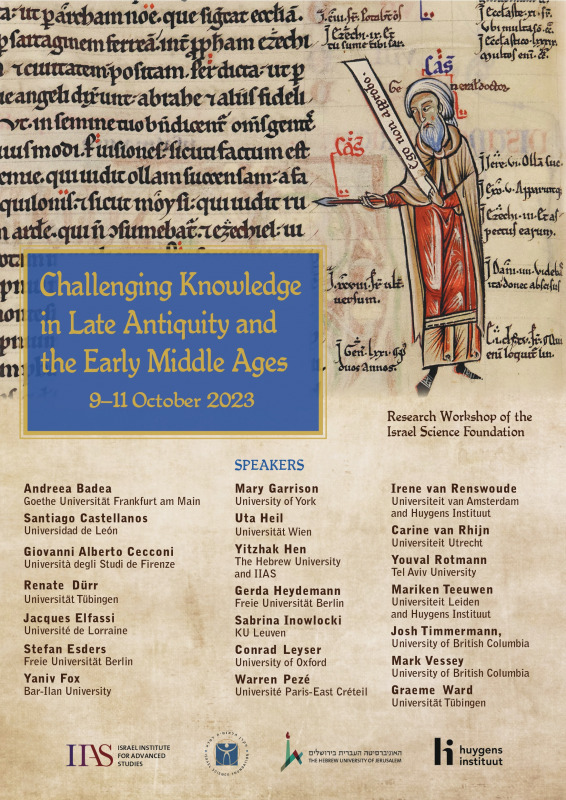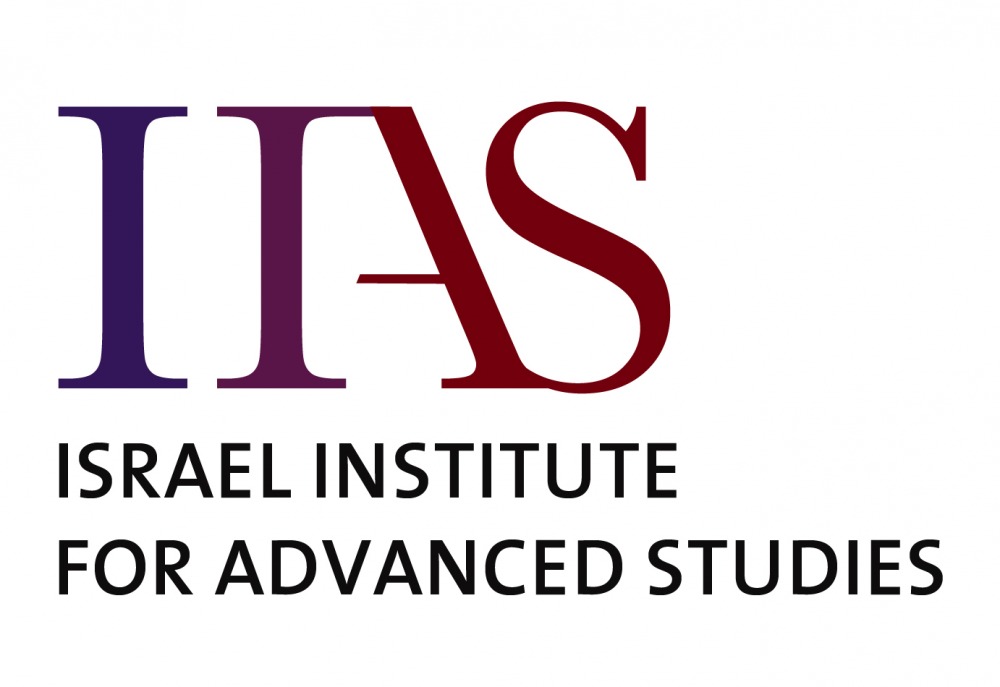
This workshop will focus on knowledge that either challenged established facts, norms and values, or was being challenged by new viewpoints or alternative doctrines. Throughout the early Middle Ages, a vast corpus of potentially dangerous texts, such as pagan compositions, apocryphal texts, or a plethora of theological treatises thought to be heretical, was dismissed as unorthodox and unauthorised by Christian scholars and policy makers. These texts exposed their readers to unorthodox systems of thought and belief, and hence should have been eradicated. And yet, although these texts and the world-view they represent were repeatedly questioned, denounced and condemned, they were still available to a wide range of intellectual circles in the West. These supposedly forbidden texts were read, copied and commented upon by a select group of Christian scholars, who clearly realised the implications of what they were doing. Given the fact that the attitude towards these texts remained negative and reproachful, their preservation and use seem even more intriguing.
One category of texts and knowledge that seems to have existed on an altogether different plane is that of anonymous knowledge. Many medical, astronomical, liturgical and theological texts were transmitted without the name of an author. Although anonymous texts were not credited with the same authority as texts that were ascribed to a known and trustworthy author, these ‘unauthorized’ texts were frequently copied and travelled side by side with authoritative texts. What was the status of anonymous knowledge vis a vis canonical knowledge? Was the absence of the name of an author considered a threat to the epistemological order, or did anonymity rather open up a space to transmit and discuss non-canonical bodies of knowledge? Much has been written about canon formation and the suppression of heretical and pagan knowledge. However, if we look beyond the well-researched opposition between orthodox and heterodox, and take types of knowledge on board that were not necessarily heretical or pagan, how did canonical and non-canonical knowledge relate to one another? What were the dynamics of the transfer and cross-fertilization of different types of knowledge? This workshop aims to explore and discuss these and similar questions related to the nature and character of knowledge in Late Antiquity and the Early Middle Ages..

